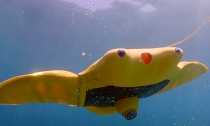
Soft-body submersibles designed to resemble and move like manta rays have been developed by a team at the School of Navigation of Northwestern Polytechnical University in Xi’an, the capital of Shaanxi Province in central China, for monitoring coral reefs. The R&D team began developing submersibles for coral reef monitoring in 2006, by studying the swimming patterns of marine organisms for their prototypes.
More recently, they have monitored outbreaks of species such as the crown-of-thorns starfish, which pose a threat to coral reefs by feeding on them in the South China Sea.
The team’s smaller submersibles are utilized for marine education and coral reef monitoring, while their larger models can dive deeper and for longer periods to collect more data.
Many people are curious wh...
Read More


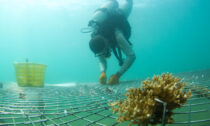

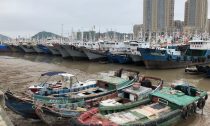
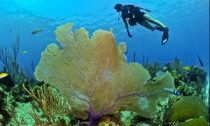
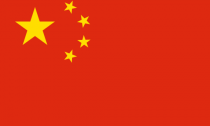
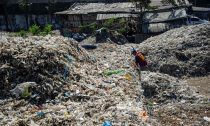



Social Profiles